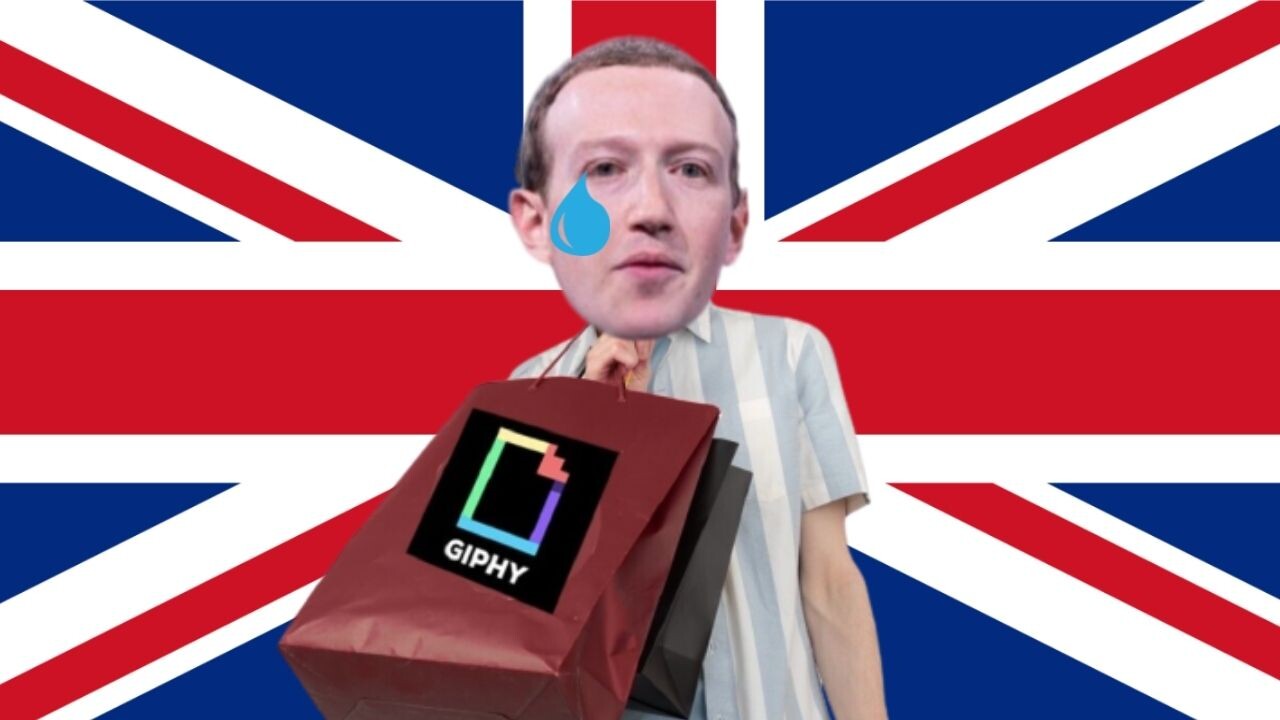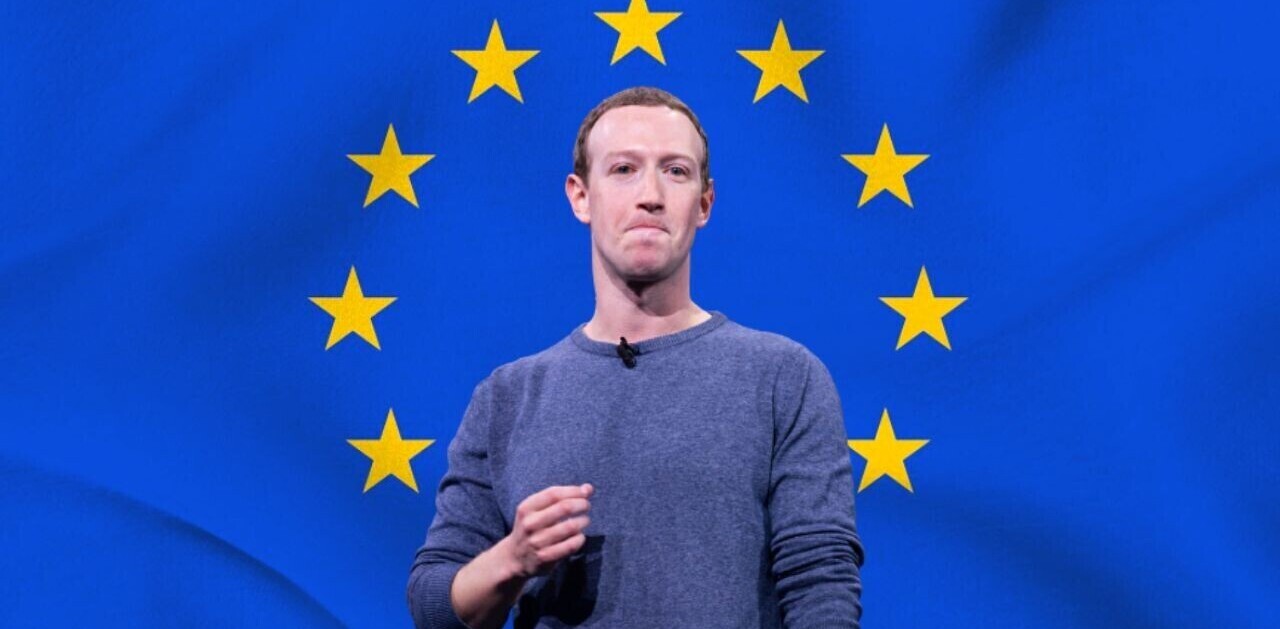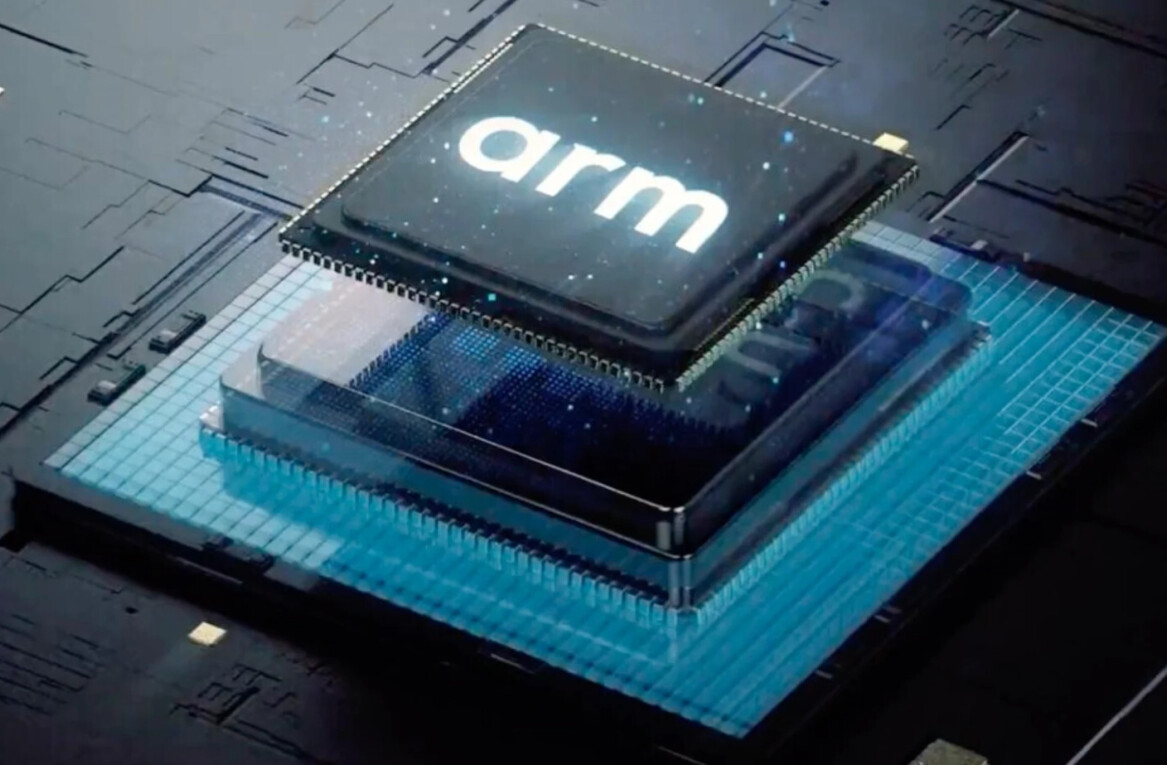
Update (12PM CET, November 30, 2021): Updated to include the CMA’s decision.
Meta, the corporate conqueror formerly known as Facebook, looks set to lose a chunk of its gargantuan empire.
The UK’s competition regulator has ordered the company to sell GIF platform Giphy as the takeover “could harm social media users and UK advertisers.”
We’ve directed #Facebook to sell Giphy after finding the takeover could reduce competition between social media platforms and increase Facebook’s already significant market power. pic.twitter.com/yRaPxMR43z
— Competition & Markets Authority (@CMAgovUK) November 30, 2021
The move, which marks the first time that the Competition and Markets Authority (CMA) has sought to reverse a big tech deal, could set a precedent for future action.
The CMA’s investigation
Facebook agreed to buy Giphy for $315 million in May 2020.
Announcing the deal in a blogpost, Vishal Shah, then-Facebook VP of Product, said the GIF-hosting platform would join the Instagram team:
Giphy makes everyday conversations more entertaining, and so we plan to further integrate their GIF library into Instagram and our other apps so that people can find just the right way to express themselves.
The announcement came amid growing concerns about Facebook’s power.
While the purchase price was small compared to the $19 billion that Facebook paid for Instagram, the GIF site has a vast reach. In 2019, Giphy founder Alex Chung said the platform was the second biggest search engine in the world.
A month after Facebook announced the deal, the CMA revealed that it had launched an investigation into the acquisition.
The regulator said it would scrutinize whether the deal would reduce competition in the company’s markets. The CMA also ordered Facebook to not integrate with Giphy while the probe was ongoing.
Taking action
In August 2021, the CMA reported its initial findings.
The watchdog said the deal would cause “substantial lessening of competition (SLC) in social media and display advertising, harming social media users and businesses in the UK.”
The CMA argued that the deal would remove a display advertising competitor in the country. In addition, it said Facebook would gain an unfair advantage over other platforms that use Giphy, such as TikTok and Snapchat. Facebook has disputed the findings.
The CMA also suggested a solution:
We have set out our initial view that the only effective way to address the competition issues that we have identified is for Facebook to sell Giphy, in its entirety, to a suitable buyer.
In October, the CMA took further action. The regulator announced that it had fined Facebook $70 million for breaching an order imposed during the inquiry.
The CMA has now revealed the results of its investigation. The regulator concluded that its concerns can only be addressed by Facebook selling Giphy to an approved buyer.
Stuart McIntosh, chair of the independent inquiry group, said the ruling would protect both competitors and consumers:
The tie-up between Facebook and Giphy has already removed a potential challenger in the display advertising market. Without action, it will also allow Facebook to increase its significant market power in social media even further, through controlling competitors’ access to Giphy GIFs.
By requiring Facebook to sell Giphy, we are protecting millions of social media users and promoting competition and innovation in digital advertising.
If the sale does go through, it would be a milestone moment in the conflict between big tech and antitrust regulators.
Get the TNW newsletter
Get the most important tech news in your inbox each week.




